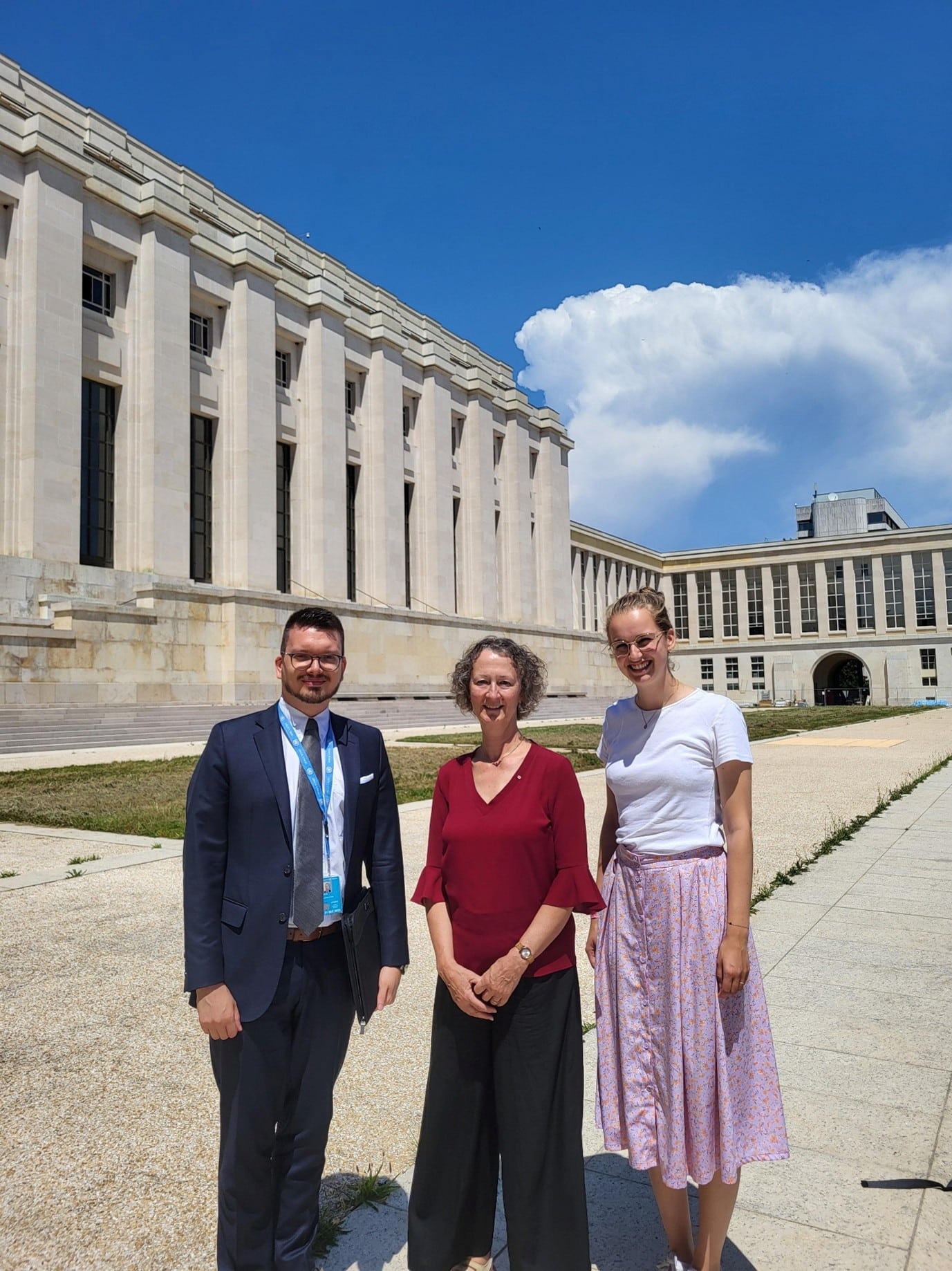By Samuel Richmond Saxena PhD, Director, Centre for Advanced Religious Studies, North East Christian University, Nagaland, and also Project Support Officer, WEA Sustainability Center.
While preparing her school project, Jane asked her father, “Why should we save forests?” Since she lived in a city surrounded by concrete jungle, she had yet to learn about the importance of forests. Her father replied. “Forests are the ‘lungs of the planet’ and the sources of water and storehouses of biodiversity.” She couldn’t believe the importance of forests for the environment!
Deforestation concerns have increased immensely in recent decades. Despite this, we have witnessed floods, soil erosion and landslides, depletion of water sources and severe droughts. This impacts hundreds of thousands of people. Because of human greed, essential natural resources like ‘Jal, Jungle and Jamin’ (Water, Forest, and Land) are now under threat.
Nepal National Conference on Creation Care
Nepal is highly prone to natural disasters such as floods, landslides, and earthquakes. Some of these issues are linked to climatic variability and global warming. During 25-26th April 2023, I was invited to speak three times at a National Conference organized by the Nepal ‘Creation Care National Forum’. It was incredible to connect with leaders, pastors and NGO heads. In the first two sessions, I spoke on the ‘Theology of Creation Care’, highlighting the importance of Christian Ecotheology for Asia. This includes the role of the triune God and essential biblical themes such as New Creation, Christology, Eschatological hope, interpreted in Asian context. In a third session on ‘Christian Mission and Creation Care,’ I briefed the gathering on the role of Christian mission amidst environmental challenges and how Creation Care is incorporated into Mission conferences and agencies. Christian mission is God’s mission, centred around the birth, ministry, death, burial and resurrection of our Lord Jesus Christ. From the Bible, it is evident that mission is not only limited to ‘word’ (proclaiming the gospel, teaching, starting churches) but also ‘deeds’ (caring for human and environmental needs). Word and deed are the two arms of mission. Dr. Richard Storey, another eminent speaker, shared about Climate Change impacts in Nepal, and gave tips on becoming an environmentally friendly Church. Dr. Liza Storey, in her presentation, highlighted the relationship between Creation and the Church, stressing that it is the responsibility of the Church to build an eco-friendly community.
Khonoma Village (India’s first green village)
On March 8, 2023, I visited Khonoma village, India’s first ‘green village’ in Nagaland, very close to the Myanmar (Burma) border. I heard a very peculiar noise as I exited the car. Initially, I was confused and thought it was the sound of a machine, but later discovered it was the buzzing of bees. I was thrilled to see bees busy sucking nectar. I was told that the Angami tribe in this village gave up hunting to save wildlife. In 1998, this region became ‘Khonoma Nature Conservation and Tragopan Sanctuary’ (KNCTS). The Angami community dedicated part of their forest lands to conserve the state bird, Blyth’s tragopan, an endangered pheasant species. In 2005, the Government of India declared the village a Green Village. Villagers are actively involved in conserving and preserving this village’s biodiversity. Because of this, in 2021 KNCTS won India’s biodiversity award. It is rare to find reserve forests near villages today due to the commercialization of trees. Whilst interacting with Mr. Huzo Meru, a senior resident and former President of the village council, he shared that the Christian community plays a significant role in protecting this place. According to him, the Church organizes awareness programmes to preserve the forest and the village. I was stunned to see such natural beauty and hear the buzzing of bees!
Save Forests! Save the Environment!





Stay Connected